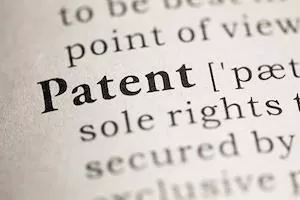Injunction Proceedings in Patent Cases - Article 50 of the TRIPS Agreement

So far Article 50 of the TRIPS Agreement had been successfully invoked by applicants to obtain injunctions in trademark matters.
However, in patent matters Argentine courts had shown some reluctance in granting such injunctions. Instead, they rather allowed infringers to keep on using the invention during litigation, provided that infringer posted a bond to guarantee damages that could be caused to patentee (the so-called "incidente de explotación").
In the last few years, several injunctions in patent matters were granted by the judges of first instance, but they were not upheld at the appellate level.
On October 11, 2001 Division I of the Federal Court of Appeals affirmed an injunction issued at first instance in re: Eli Lilly.
The decision was especially important, not only because it upheld an injunction granted on the grounds of Article 50 of the TRIPS Agreement, but also because it was a patent related to a process for obtaining a pharmaceutical product. Said patent had been granted under the old Argentine Patent Law 111 that did not allow patentability of pharmaceutical products.
Plaintiff was required to post a bond of US$ 1,400,000 before the injunction was issued. Division I argued, inter alia, that:
(a) Article 50 of TRIPS is applicable in patent matters;
(b) defendants (four local laboratories) had the burden to show that they were not using the process claimed in Eli Lilly's patent; in other words, it applied the reversal of the burden of proof in an injunction proceeding;
(c) any discussion regarding the validity of the patent would not be considered in principle in an injunction proceeding, because the analysis of that matter has to be thoroughly performed later on in a full lawsuit between the parties;
(d) the product obtained directly through the patented process would be covered by the injunction, even if the process was not carried out in Argentina (Article 28 of the TRIPS Agreement).
It is difficult to anticipate whether Divisions II and III of the Federal Court of Appeals (there are three divisions in such Court) will follow the same criterion, but in any case there seems to be a better attitude towards injunctions granted in patent matters in Argentine Courts.
This insight is a brief comment on legal news in Argentina; it does not purport to be an exhaustive analysis or to provide legal advice.